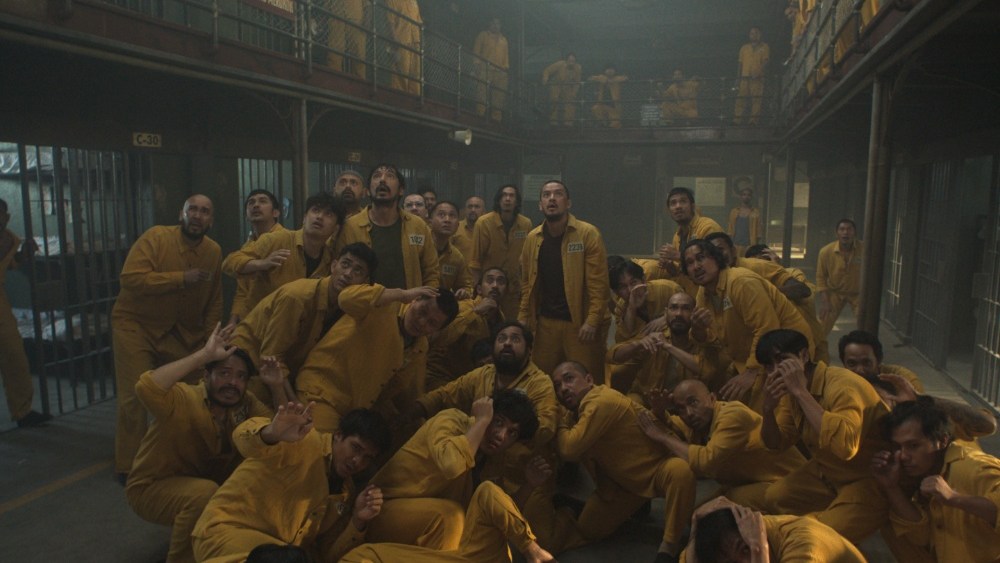Home / Arts and Entertainment / Korean Film Studio Barunson E&A Shifts Focus to Global Co-Productions
Korean Film Studio Barunson E&A Shifts Focus to Global Co-Productions
1 Nov
Summary
- Rising production costs and declining film revenue drive Korean producers to global co-productions
- Barunson E&A expands into international markets like Taiwan, Vietnam, and Indonesia
- Insights on "Parasite" Oscar campaign strategy from Barunson E&A and Japanese producer

As of November 1st, 2025, Barunson E&A, the production and distribution studio behind the Oscar-winning film "Parasite," has reaffirmed that the Korean film industry is facing significant challenges. The company's CEO, Yoonhee Choi, noted that rising production costs and declining film revenue have driven local producers to focus more on global co-production opportunities.
Choi explained that as labor costs and general prices have increased in Korea, average production costs have risen sharply across the board. Since profits from films have decreased, these investments are becoming more difficult for local producers. In response, Barunson E&A has expanded its business into international markets, with a slate of completed films from Taiwan, Vietnam, and Indonesia.
Of particular interest to the company is the Indonesian market, which Choi described as the "fastest-growing country in the world" with "a lot of room for further growth." She highlighted the emergence of talented new directors in Indonesia, noting a growing demand for diverse film genres beyond the traditional horror, religious dramas, and the like.
To solidify its commitment to the Indonesian market, Barunson E&A recently signed a two-year slate deal with acclaimed director Joko Anwar, and is handling overseas sales for his upcoming film "Ghost in the Cell."
Choi also offered insights, alongside Japanese producer Kawai Shinya, into the sophisticated campaign strategy that propelled "Parasite" to become the first non-English-language film to win the Academy Award for Best Picture. She emphasized the importance of choosing the right overseas distributors with the experience, passion, and commitment to elevate the film, as well as the strategic targeting of Academy members during the campaign.
In contrast, Kawai shared his experience with the failed Oscar campaign for the 2000 film "Yi Yi: A One and a Two," which had won best director at Cannes but was deemed ineligible due to technicalities. He also criticized Japan's unique Production Committee financing system, which he said can hinder quick decision-making when working with overseas partners.




